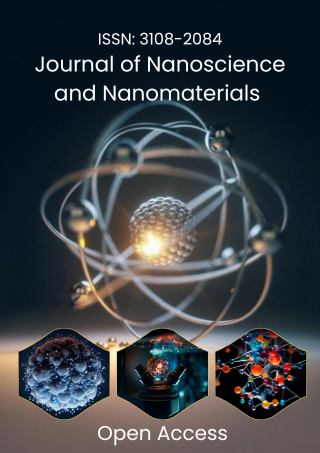Computational Nanoscience
Computational nanoscience is a multidisciplinary field that employs theoretical modeling, simulations, and computational tools to study and predict the properties and behaviors of materials at the nanoscale. By integrating principles from quantum mechanics, molecular dynamics, and statistical physics, this field enables the exploration of nanomaterials' structural, electronic, mechanical, and thermal characteristics with atomic-level precision. Techniques such as density functional theory (DFT), Monte Carlo simulations, and finite element analysis allow researchers to design novel nanostructures, optimize material performance, and guide experimental work, significantly reducing time and cost. Computational nanoscience plays a vital role in the development of advanced nanotechnologies in areas such as nanoelectronics, drug delivery, catalysis, and energy storage. As high-performance computing and machine learning continue to evolve, computational nanoscience is poised to accelerate discovery and innovation across the entire spectrum of nanotechnology research.
Article Processing Timeline
| 2-5 Days | Initial Quality & Plagiarism Check |
| 15 Days |
Peer Review Feedback |
| 85% | Acceptance Rate (after peer review) |
| 30-45 Days | Total article processing time |
Journal Flyer


